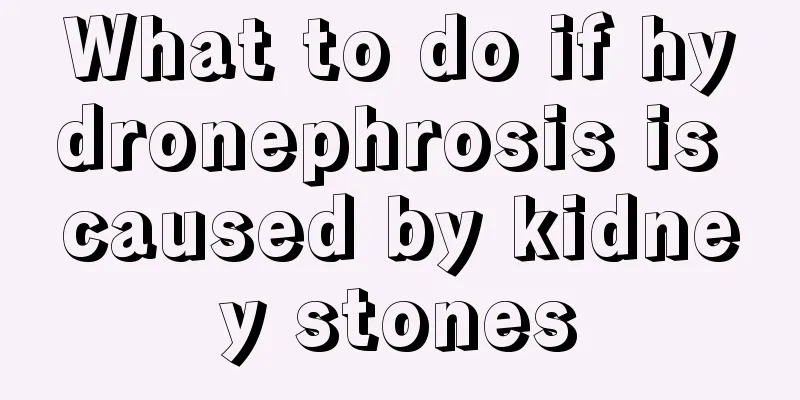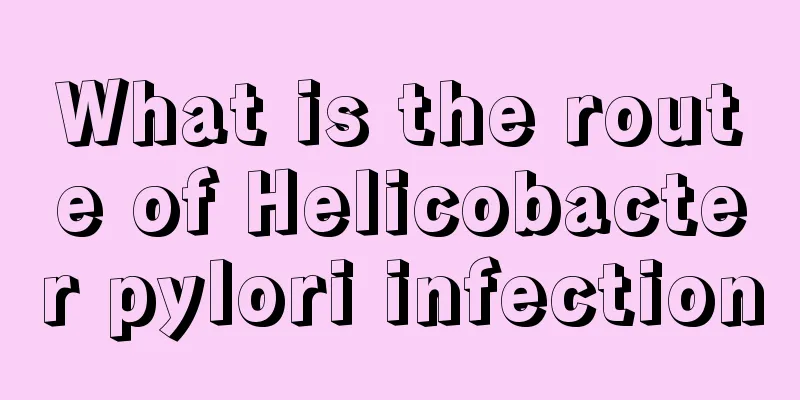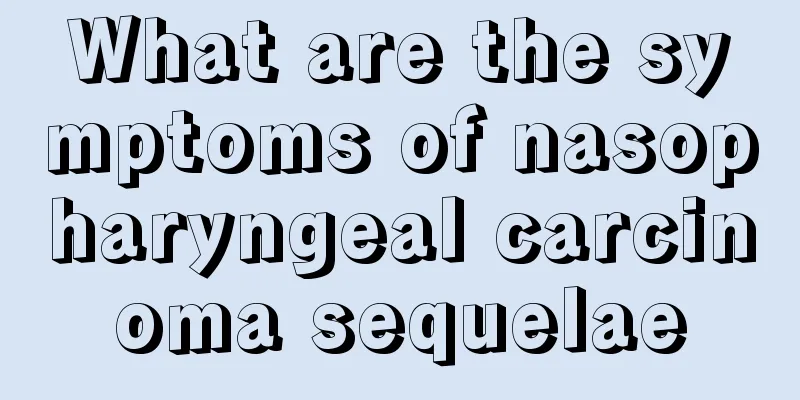What to do if hydronephrosis is caused by kidney stones

|
Kidney stones may also cause hydronephrosis, so of course we should pay attention to the treatment. General treatment includes drinking plenty of water. Drinking water is a good way to help flush the urinary tract and expel tiny stones. At the same time, we should also pay attention to drug treatment. 1. Ensure adequate drinking of water: It is best to drink magnetized water with less minerals, so that the daily urine volume exceeds 2000ml, which can dilute urine, reduce crystal precipitation, flush the urinary tract and expel tiny stones. 2Diet: The composition of the diet should be determined according to the type of stones and the acidity and alkalinity of urine. For calcium oxalate stones, high-oxalate foods such as spinach, tomatoes, potatoes, beets, asparagus, nuts, tea, cocoa, chocolate, etc. should be avoided. And foods high in calcium such as milk, cheese, etc. For idiopathic hypercalciuria, calcium intake should be restricted to reduce urinary calcium content; for recurrent oxalate stones without hypercalciuria, a low-calcium diet is not required. A low-calcium diet is also not recommended for people who form stones due to increased urinary oxalic acid excretion. Control sodium intake. Excessive sodium intake can increase urinary calcium excretion. In cases of hyperuricemia and hyperuricosuria, one should eat a purine diet, avoid eating animal offal, and eat less fish and coffee. 3. Drug treatment (1) Hypercalciuria: Hypercalciuria caused by primary hyperparathyroidism, sarcoidosis, hyperthyroidism, multiple myeloma, etc. should be treated accordingly. For other causes, the following measures can be taken. 1) Thiazide diuretics: 50-100 mg of hydrochlorothiazide per day, or other diuretics of corresponding doses. 2) Sodium phosphate fiber resin: 2.5-5g each time, take with meals. At the same time, oxalic acid intake should be appropriately limited and calcium should be supplemented. 3) Orthophosphate: 1.5-2.0g of phosphorus per day, taken in 3-4 times. It is not used in patients with a glomerular filtration rate below 30 ml/min and those with urinary tract infections because it may cause metastatic soft tissue calcification and infectious stones. (2) Enteric hyperoxaluria: magnesium hydroxide or magnesium oxide can be used. Cholestyramine can correct intestinal fat malabsorption but cannot continuously inhibit oxalate absorption. (3) Hypouric citrate calcium kidney stones: 3-6 g per day, divided into three doses. Some patients may experience mild gastrointestinal reactions, and patients with renal insufficiency should use it with caution. ] |
<<: How to expel kidney stones more effectively
>>: How is kidney stone surgery performed?
Recommend
Is radiotherapy for nasopharyngeal carcinoma only local?
The radiotherapy for NPC is not just local, it co...
What are the alkaline drinks? 5 recommended alkaline drinks
Alkaline beverages can balance the body's aci...
What are the common symptoms of male breast cancer?
Symptoms of breast cancer are not limited to wome...
Is dizziness caused by gastritis serious? What are the symptoms of gastritis?
Gastritis is very destructive to people's bod...
I often feel dizzy in summer
Many women do not understand what symptoms they w...
Is it good to shave your hair frequently?
Newborn babies generally need to have their hair ...
How to remove scars on hands
Bumps and bruises are inevitable in life, so some...
Explain the early symptoms of cervical cancer
Gynecological diseases such as cervical cancer ha...
Is sexual function the left kidney or the right kidney
Everyone knows that the most important thing in a...
Genetic characteristics of nasopharyngeal carcinoma
For some diseases, people are always very entangl...
Vinegar can remove flat warts around the eyes
Vinegar is one of the most popular food condiment...
What are the dangers of long-term vomiting?
Vomiting is a very common phenomenon in daily lif...
How big a nodule is considered early stage lung cancer
Lung cancer is a common tumor, but whether it occ...
Can hawthorn be used to make wine?
Liquor is a type of alcoholic beverage and appear...
The efficacy and function of green crystal
Green crystal is a type of crystal. Its appearanc...









